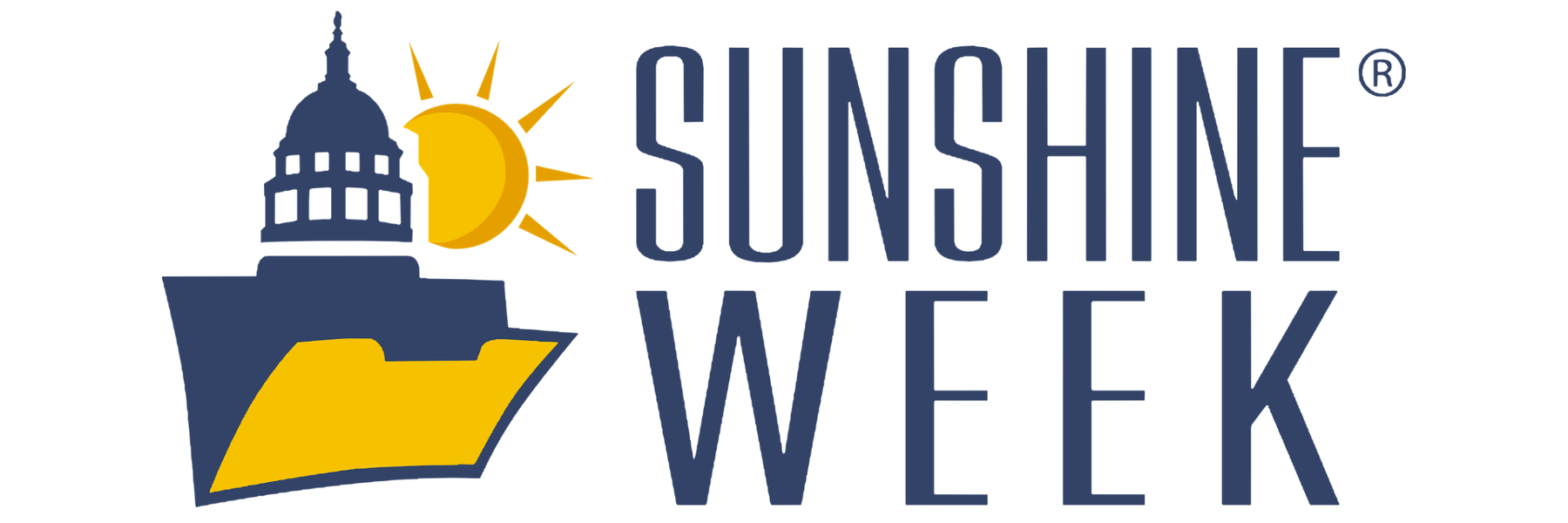Last week, we put out a call to nominate FOIA heroes - ordinary citizens whose public records requests have made an impact. The results are in, and we’ll close out Sunshine Week with the strongest case for the public’s right to know - the public themselves. Here’s what people said had to say about their hometown heroes.
Angela Greben
“There are some elected officials who attempt to silence criticism and dissent on social media by blocking or muting their critics. Angela Greben rightly calls them out by submitting FOIA requests for their block and mute lists. This has the effect of bringing to their attention the fact that social media platforms - especially Twitter - are not exempt from the mandate of the First Amendment, and that citizens have the right to redress their government for grievances, while at the same time making them affirm that these platforms should be treated fully as legitimate means of political discourse in the 21st century.”
Donna Green
“You have a right to know how your tax dollars are spent, but as New Hampshire’s Donna Green discovered, it’s not always easy. As a Timberlane Regional School Board member, she was perplexed about why the school board default budget kept going up year after year - even though by law default budgets are supposed to be the same as the year before. When she asked for the default budget, she was rebuffed - and so she sued, ultimately taking her case all the way up the Supreme Court. In the end, she prevailed, not just in getting the default budget, but also setting an important precedent that it must also be provided electronically.”
Mike Katz-Lacabe
“Perhaps no individual has amassed more records about surveillance technology in the Golden State than San Leandro-based transparency activist Mike Katz-Lacabe of the Center for Human Rights and Privacy. His focus is primarily on automated license plate readers and cell-site simulators, so if you want to know whether a county or municipality has the ability of the track you on your California road trip, his number should be on your speed dial.”
Kevin Stein
“After the CEO of a bank declined to publicly state how much money they had received from the FDIC for the cost of foreclosing on thousands of families, Kevin used FOIA to determine that the bank had already received over $1 billion in federal funds, and that FDIC expected to pay out another $1.4 billion before 2019. Kevin also doggedly pursued a FOIA request at HUD which determined that this same bank had been responsible for 39% of ALL federally insured reverse mortgage foreclosures from April 2009 to April 2016, despite the fact that the bank only serviced an estimated 14% of the market. Last, Kevin has recently used FOIA to determine the extent to which the FHFA is weighing in on state legislative matters- for example recent legislation in California that protects mostly seniors from so-called “widow foreclosures.”’
Tony Webster
“Tony Webster describes himself as a web engineer, a public records researcher, and policy nerd — but for some reason rarely a journalist. That’s weird, because is website has become one of the best sources for clear, thorough, and well-sourced information about surveillance, free speech, and politics, particularly in Minnesota. Throughout 2016, Webster has been engaged in a legal battle with the Hennepin County Sheriff’s Office over emails detailing the agency’s dabbling in biometric technologies. The case, in which Webster has already scored major victories, has made it all the way to the Supreme Court, illustrating how one determined advocate can leverage the justice system.”
Image via US Army Flickr




